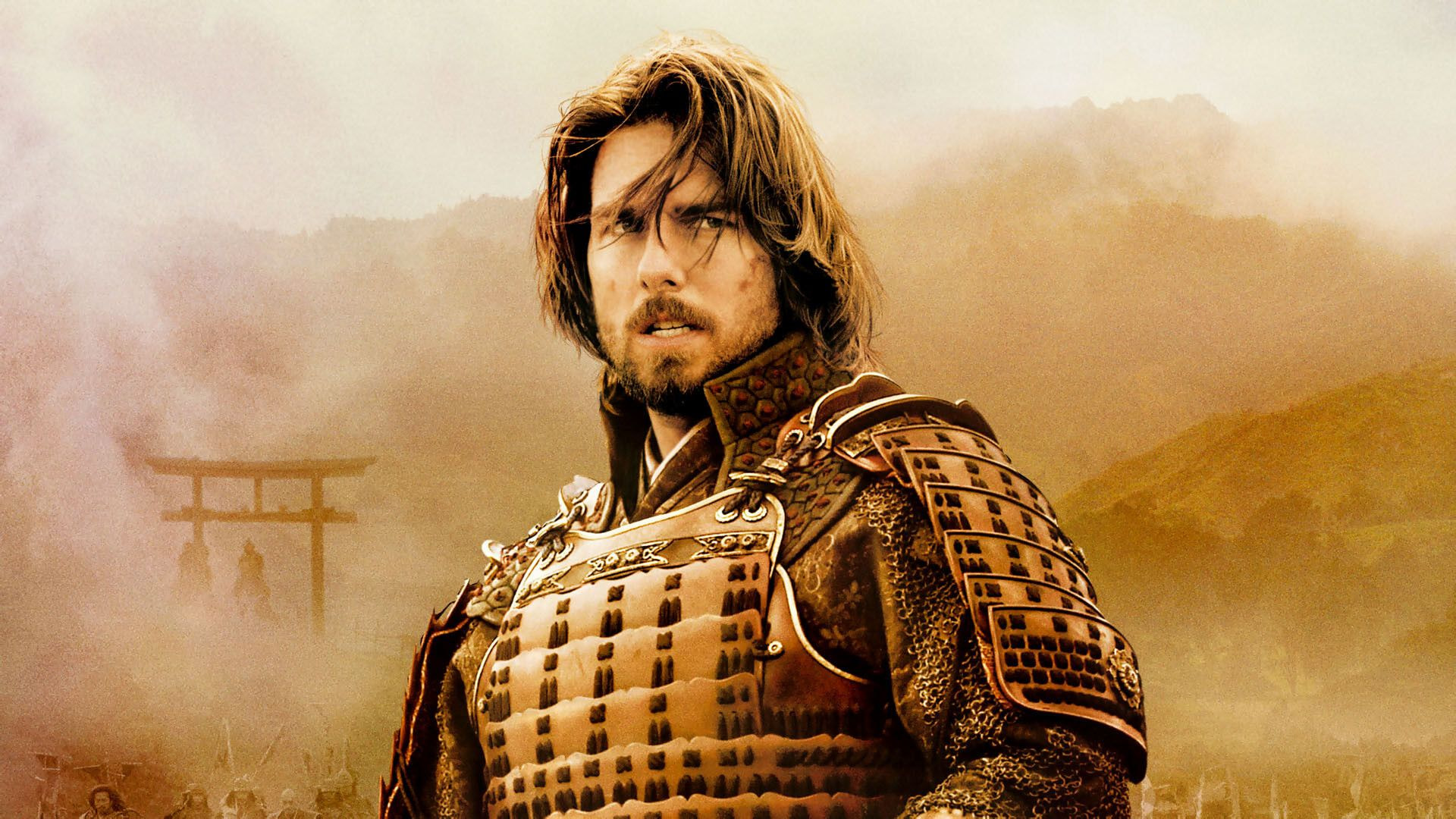06.12.2023
The Samurai Code: A journey through history, legacy and the lessons for a modern gentleman
The samurai code, or Bushido, is a set of moral principles that guided the lives of the samurai warriors of Japan. Here is the wisdom of Bushido for the modern gentleman.

By Raja Izz
Photo: The Last Samurai (credit: Warner Bros)

